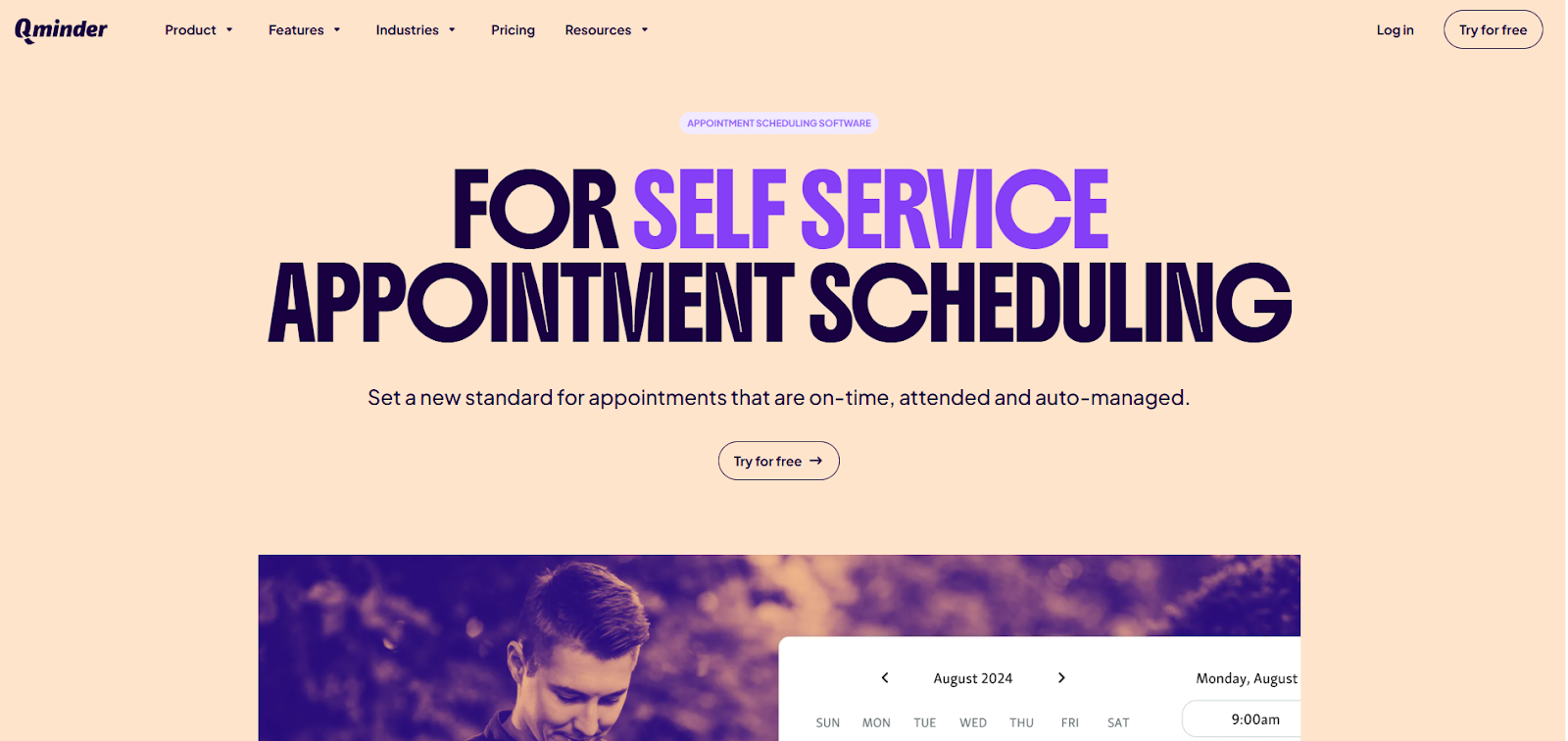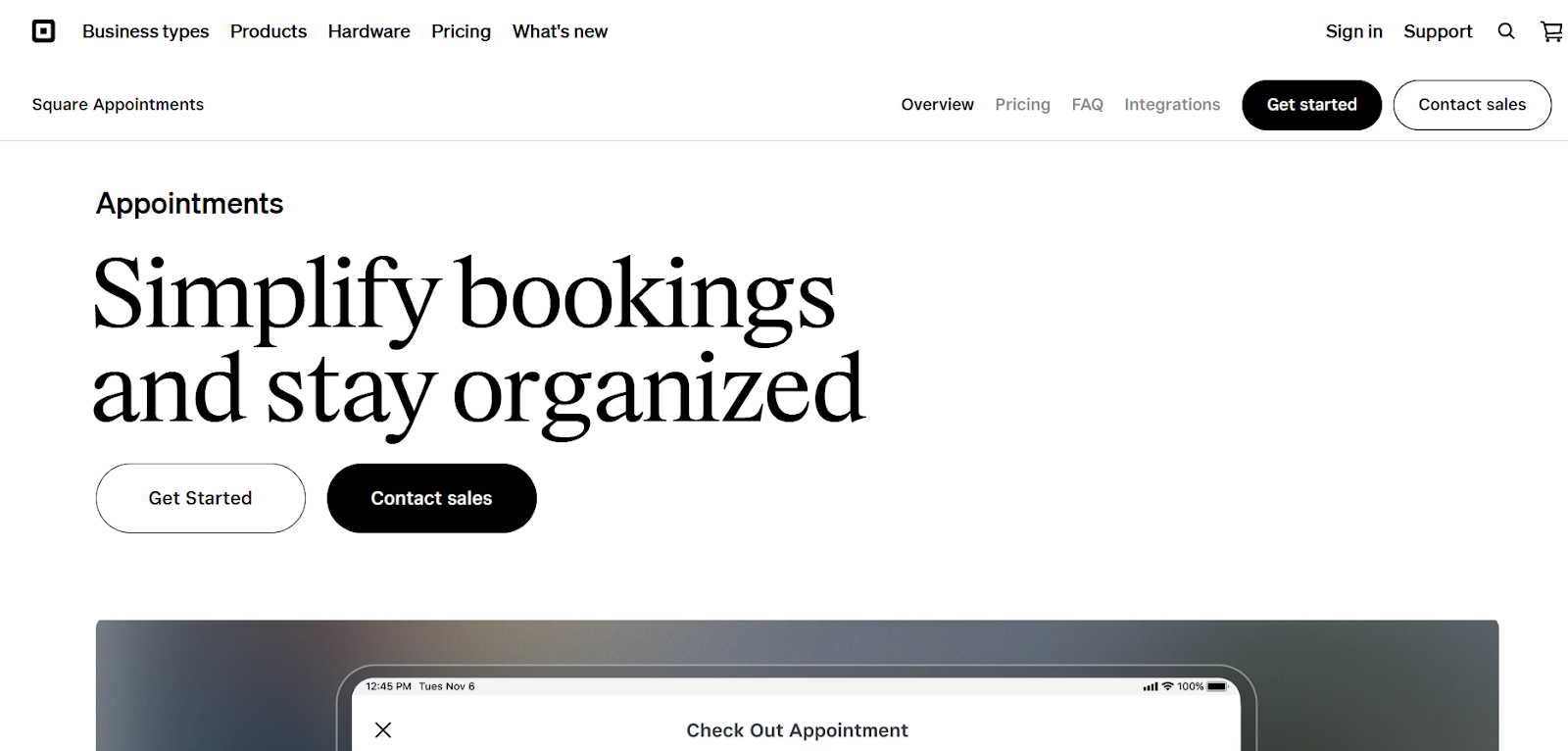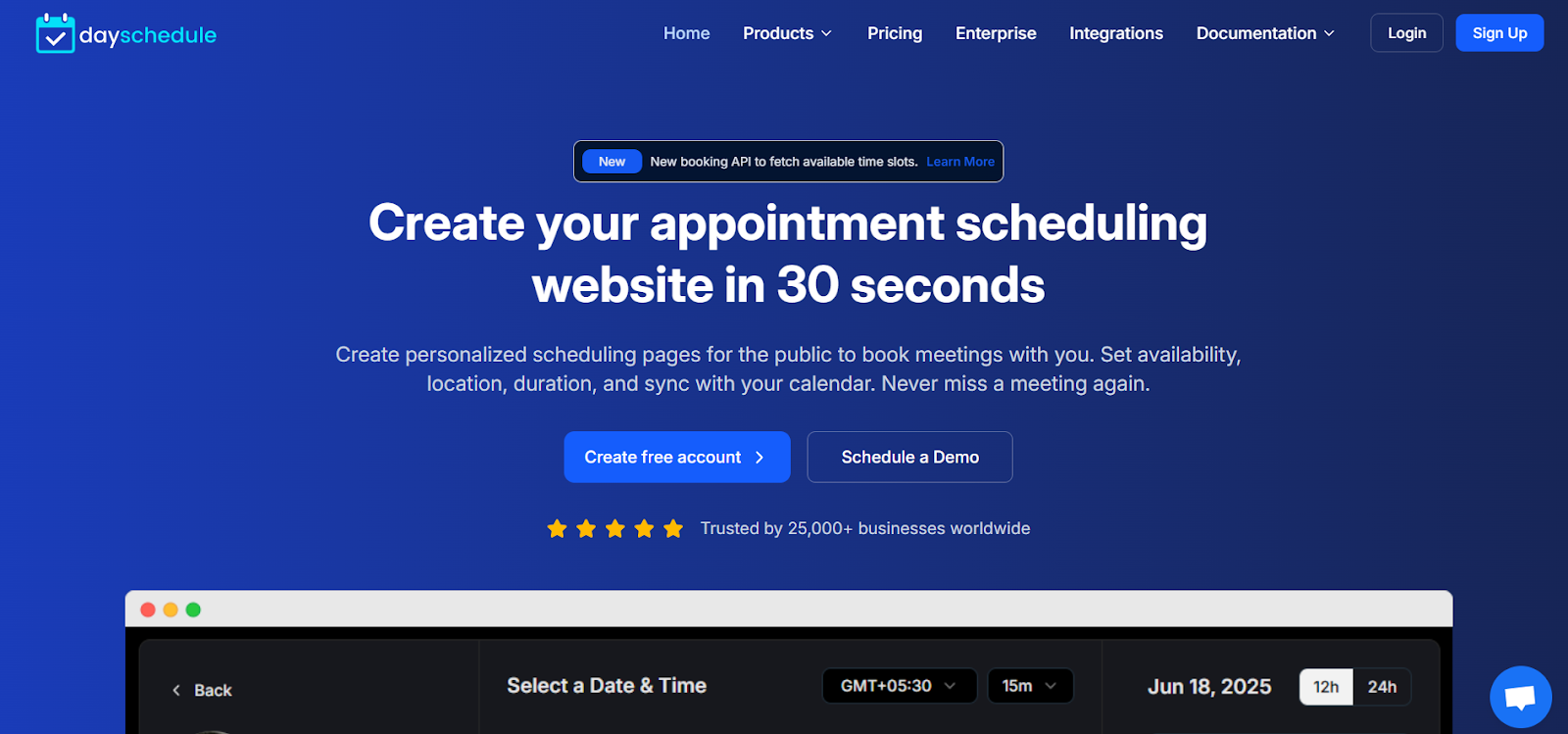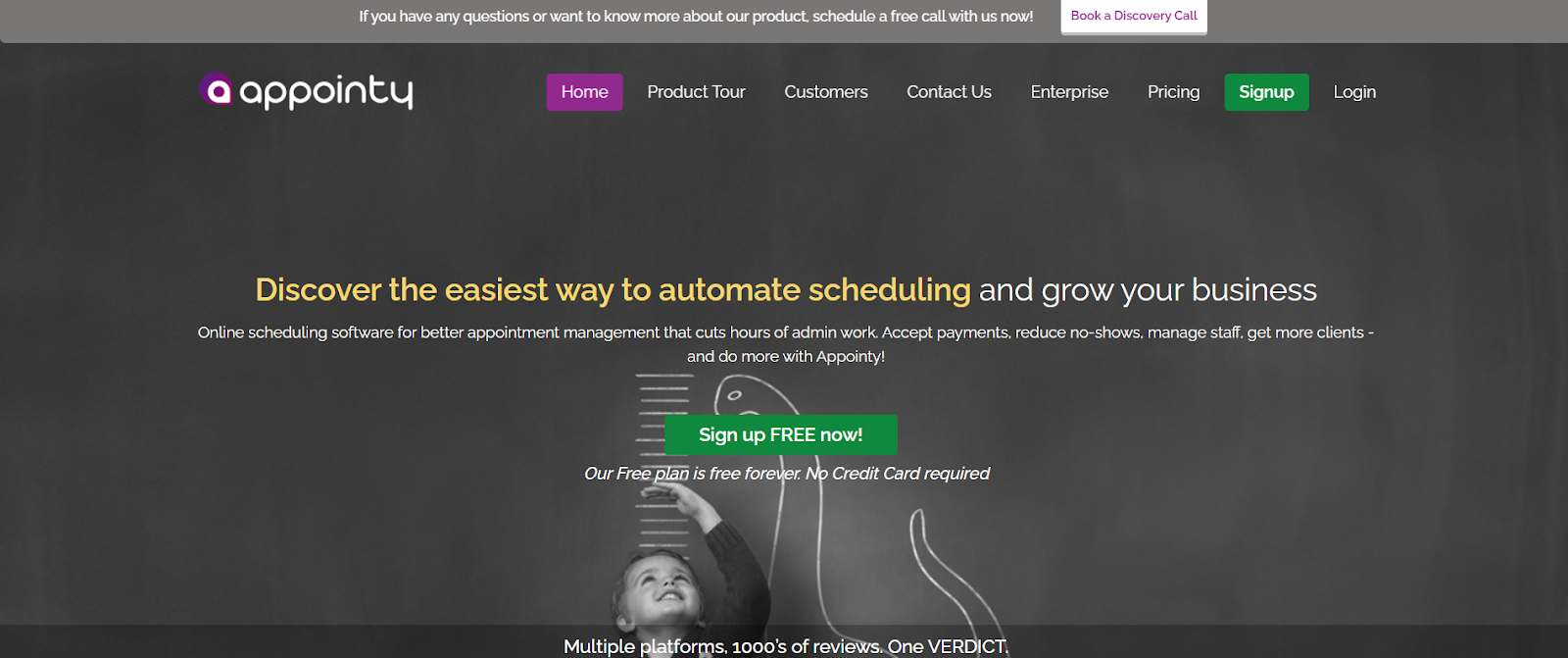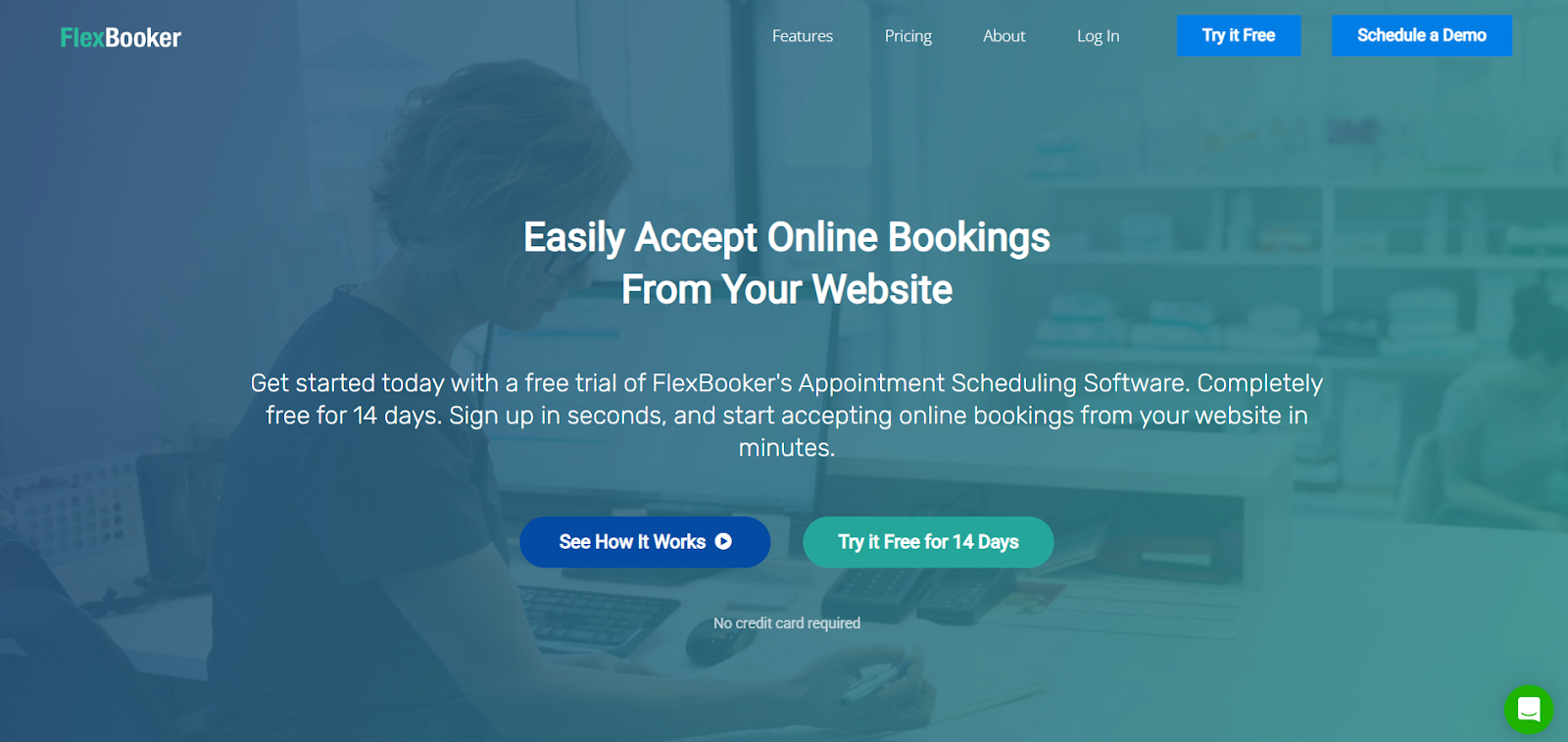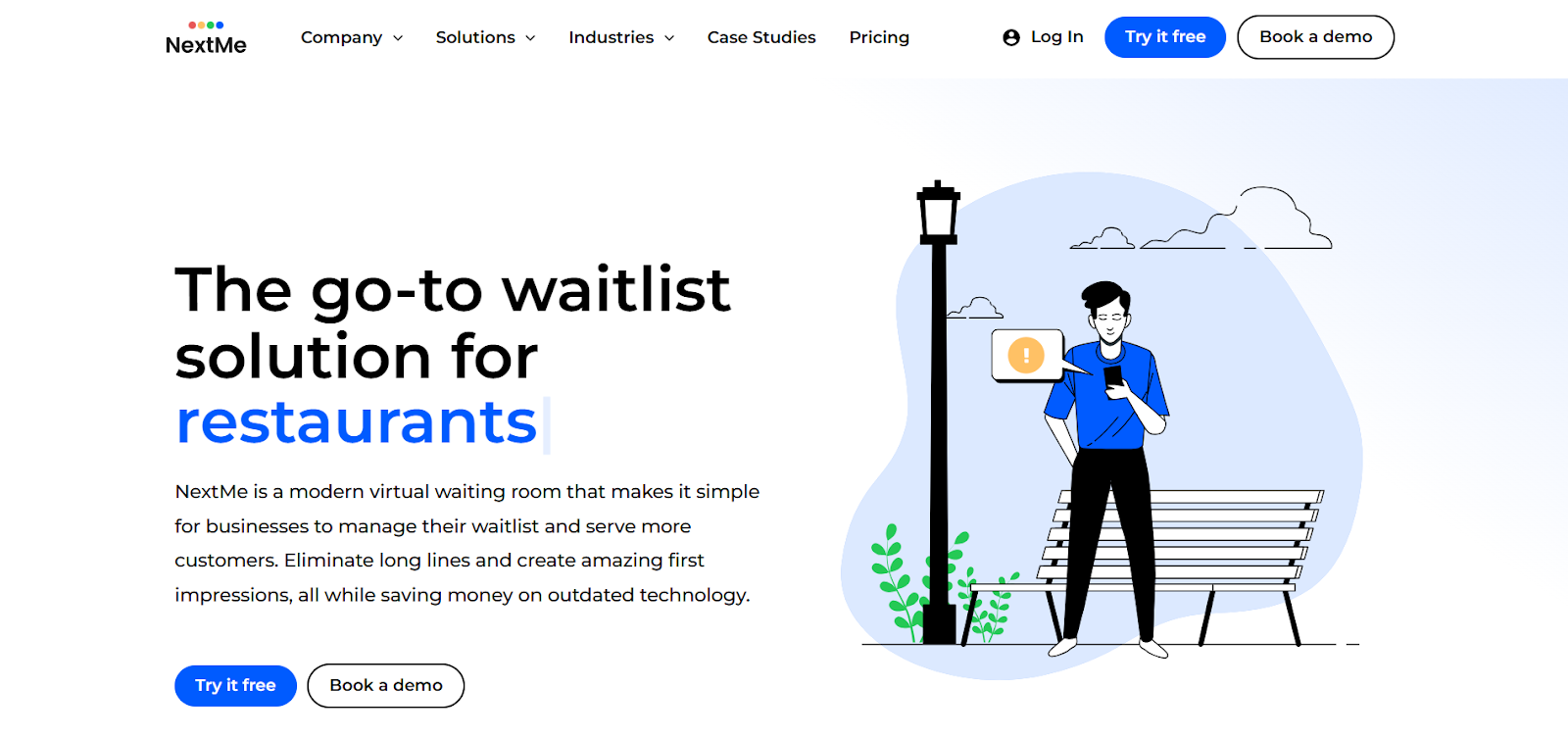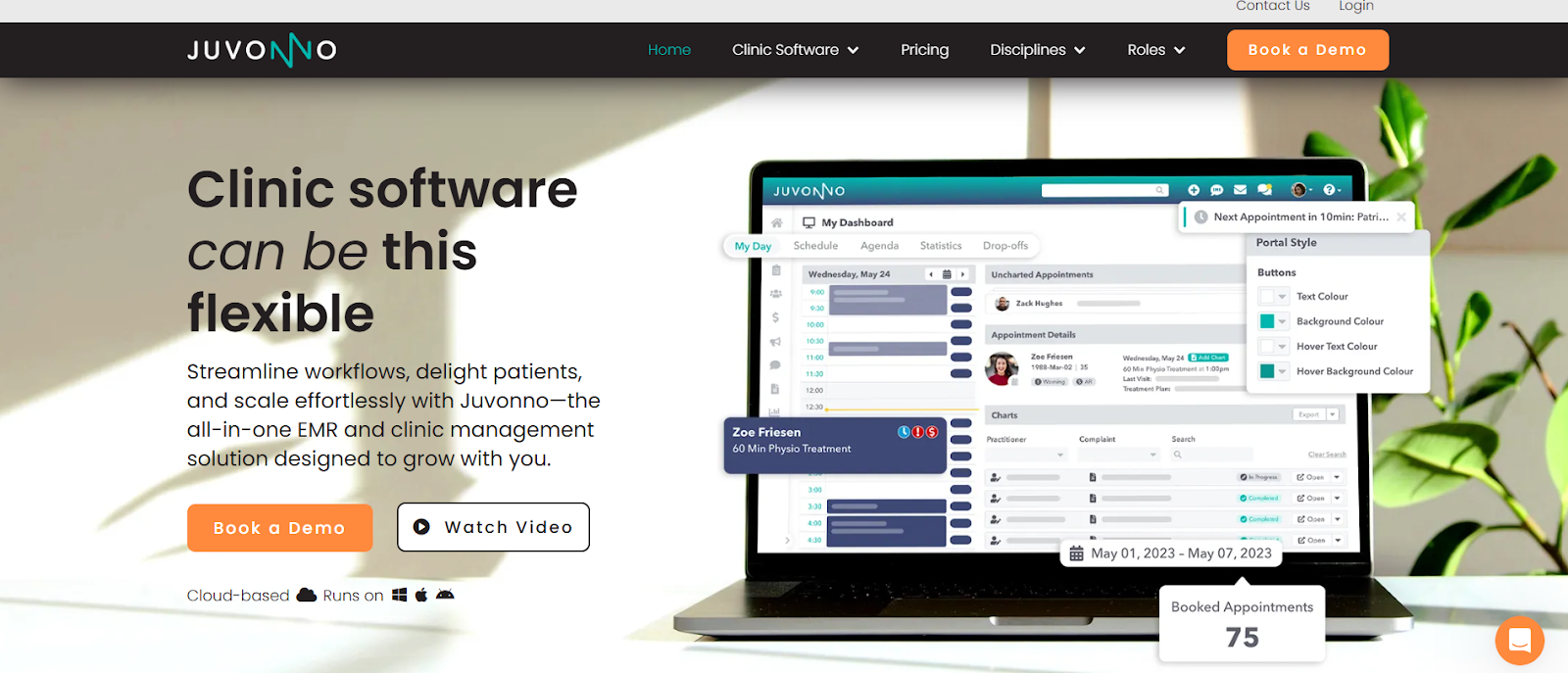7 Visitor Management Tools Perfect for Healthcare Facilities

Team Fueler
06 Sep, 2025
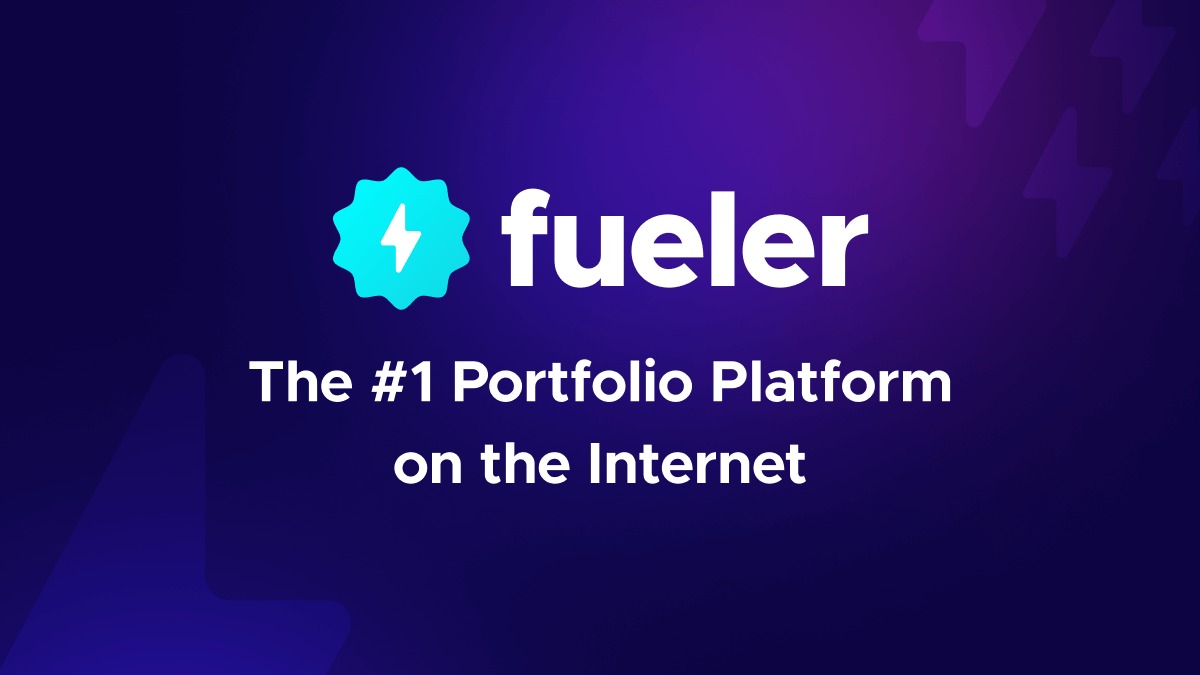
Managing visitors in healthcare facilities is more than just a front-desk task it’s about creating a safe, organized, and patient-friendly environment. From hospitals and clinics to counseling centers, the right visitor management tool ensures smoother check-ins, shorter wait times, and stronger security.
These systems help staff handle steady traffic while keeping sensitive data secure and operations compliant with healthcare standards. Whether you’re looking to streamline patient visits or better manage guests, the right technology can make a major difference.
In this blog, we’ll look at seven visitor management tools perfect for healthcare facilities in 2025.
Top 7 Visitor Management Tools for Healthcare Facilities
Choosing the right visitor management system can make a big difference in how smoothly healthcare facilities run. Below are seven of the best options designed to support the unique needs of hospitals, clinics, and other medical facilities.
1. Qminder
Visitor management solutions like Qminder are designed to simplify patient and visitor experiences while improving operational efficiency. Appointment Queue Management like Qminder is known for reducing wait times and streamlining service delivery, making it a trusted choice in high-traffic environments and equally effective in hospitals, clinics, and other healthcare facilities.
In addition to managing in-person queues, Qminder also supports appointment scheduling for smoother patient flow. Visitors can book time slots online, receive real-time updates, and check in through kiosks, mobile apps, or web links, helping create a more organized and stress-free experience.
Key Features:
- Digital check-in via kiosk, web, or mobile for faster service and shorter lines
- Real-time SMS or email notifications for confirmations and updates
- Workflow customization to support different services or visitor categories
- Multi-location management with centralized control
- Visitor analytics tracking peak times, wait times, and service durations
- Integrations with CRM and scheduling platforms
Pros:
- Clean, modern interface that’s easy for both staff and patients
- Reduces manual workload and improves front desk efficiency
Cons:
- Feature-rich platform may feel overwhelming for smaller facilities
Pricing: Free 14-day trial available. Paid plans start at $389/month, with custom quotes for large-scale or enterprise needs.
2. Square Appointments
Square Appointments is a smart solution for healthcare facilities and service-driven organizations that want a mobile-first scheduling system with built-in payment processing. Developed by the team behind Square’s popular POS tools, it’s especially valuable for clinics, private practices, or hospital departments where both booking and billing need to happen seamlessly in one place.
The platform merges intuitive appointment scheduling with Square’s trusted POS capabilities, letting staff handle patient bookings and payments from a single interface, on desktop or mobile.
Key Features:
- Built-in POS for quick, secure payments at the time of service
- Mobile-optimized interface for convenient booking and schedule management
- Online booking combined with in-person check-in options
- Staff and resource management for better team coordination
- Google Calendar integration to sync schedules seamlessly
Pros:
- Supports both walk-ins and pre-scheduled appointments
- Combines payment processing and scheduling in one tool
Cons:
- Limited to Google Calendar for syncing
- Only supports Square as the payment processor
Pricing: Free for solo users; paid plans start at $29/month per location, with extra features like multi-location support and automated confirmations.
3. DaySchedule
DaySchedule is a flexible appointment scheduling platform designed to fit a wide range of industries, including healthcare, finance, wellness, and professional services. For healthcare facilities, it provides a centralized dashboard where staff can manage patient bookings, store essential details, and track performance—all in one place.
The platform offers branded booking pages, seamless payment options, and real-time analytics, making it an excellent choice for smaller teams that want to provide a professional experience without any difficulty.
Key Features:
- Branded booking pages with customizable forms
- Group scheduling and user role permissions
- Integrations with calendars, payment systems, and video conferencing tools
- Real-time analytics for monitoring bookings and performance trends
Pros:
- Easy to set up and simple for staff to use
- Affordable option with strong value for small to mid-sized healthcare teams
Cons:
- Booking limits apply to the free plan
- Interface could benefit from more customization
Pricing: Free plan available; paid plans start at $8/month.
4. Appointy
Appointy is an automated scheduling solution that works well for public-facing organizations and healthcare facilities alike. By giving patients the ability to self-book appointments online, it reduces front desk workload and helps staff stay focused on delivering care.
With support for 32+ languages and customizable workflows, Appointy is especially valuable for facilities serving diverse patient populations.
Key Features:
- Supports 32+ languages for broader accessibility
- Secure payment options for fee-based healthcare services
- Google Calendar and social media integrations
- Real-time scheduling dashboards with live updates
- Customizable workflows to suit different departments or services
Pros:
- Great fit for multilingual healthcare environments
- Reliable integrations and smooth performance
Cons:
- Free plan is limited in features
- Interface can feel a bit restrictive for advanced users
Pricing: Free plan available; paid plans start at $19.99/month.
5. Flexbooker
Flexbooker is an appointment scheduling and waitlist management platform designed to help clinics and healthcare facilities make the most of their available slots. It’s particularly useful in settings where appointments are in high demand, such as family practices, specialist clinics, or urgent care centers.
The standout feature is its automated SMS-based waitlist. When all appointment times are filled, patients can join a waitlist and receive instant notifications if a slot opens up.
Key Features:
- SMS alerts for waitlist openings
- Automated waitlist management for fully booked schedules
- Integrations with WordPress, Shopify, and Google Calendar
- Custom scheduling rules for different services or departments
- Reporting dashboard to monitor bookings and patient trends
Pros:
- Simple setup with free sign-up available
- Ideal for busy clinics looking to maximize appointment utilization
Cons:
- Basic plan limits support to 4 staff members
- Onboarding could benefit from more guided tutorials
Pricing: Starts at $39/month for up to 4 employees.
6. NextMe
NextMe is a simple yet effective waitlist management tool designed to make handling walk-ins more efficient. It’s a strong fit for healthcare facilities such as clinics, labs, or community health centers where patients often arrive without scheduled appointments.
Its key highlight is the Virtual Waiting Room, which lets patients check their place in line directly from their phones.
Key Features:
- Virtual Waiting Room with customizable branding and real-time updates
- Fast guest check-in with live queue tracking
- Performance reports on a daily, weekly, or monthly basis
- SMS alerts to notify patients when it’s their turn
- Integrations with loyalty apps and POS systems
Pros:
- Free basic plan available for small teams
- Branded Virtual Waiting Room enhances patient engagement
Cons:
- Branded Waiting Room only available in paid plans
- Free plan doesn’t support multiple locations
Pricing: Free version includes core features plus 100 SMS per month. Paid plans start at $49.99/month.
7. Juvonno
Juvonno is a robust visitor and practice management platform designed specifically for healthcare providers who require advanced documentation tools. Its standout feature is the strong support for SOAP notes, making it especially valuable for clinics that prioritize accurate, structured, and consistent patient records.
Beyond documentation, Juvonno brings together scheduling, billing, and insurance management into a single system.
Key Features:
- Customizable SOAP note templates for consistent patient documentation
- Secure patient portal for communication and record access
- Integrated billing and insurance claim support
- Automated reminders to reduce no-shows
- Workflow and chart customization tailored to clinic needs
Pros:
- Excellent choice for clinics needing in-depth documentation
- Streamlines everything from scheduling to billing
Cons:
- Initial setup and learning curve can be time-consuming
- May be costly for smaller practices
Pricing: Starts at $49/month
Conclusion
Choosing the right visitor management tool can make a significant difference in how smoothly healthcare facilities operate. From reducing wait times and streamlining check-ins to offering advanced scheduling and documentation features, these solutions help staff stay efficient while improving the overall patient experience.
Whether your facility needs a simple waitlist system like NextMe, a queue and appointment solution like Qminder, or a full-scale clinic management platform like Juvonno, there’s an option suited to your needs.
FAQ
What is the best visitor management software?
The best visitor management software depends on your needs. Tools like Qminder, Juvonno, and Square Appointments stand out for their efficiency, flexibility, and ease of use.
What is a visitor management tool in a healthcare setting?
In healthcare, a visitor management tool helps staff handle patient check-ins, track visitors, manage appointments, and maintain secure records for smoother operations.
Why is visitor management important in healthcare facilities?
Visitor management reduces wait times, improves patient experience, and ensures safety by tracking entries and streamlining services across busy healthcare environments.
What is Fueler Portfolio?
Fueler is a career portfolio platform that helps companies find the best talents for their organization based on their proof of work. You can create your portfolio on Fueler, thousands of freelancers around the world use Fueler to create their professional-looking portfolios and become financially independent. Discover inspiration for your portfolio
Sign up for free on Fueler or get in touch to learn more.
